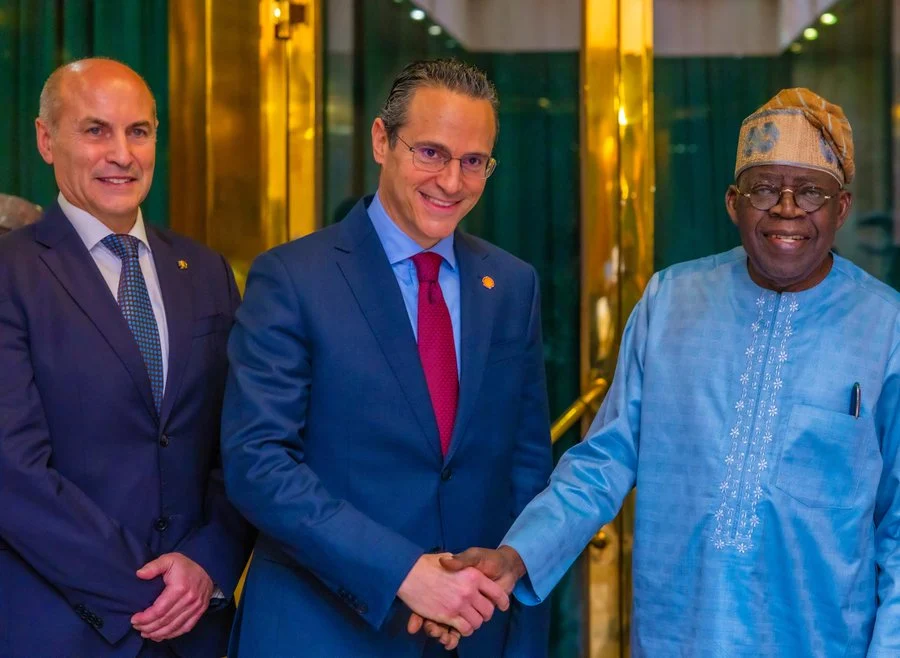The President of the Chartered Institute of Taxation of Nigeria, Mr Adesina Adedayo, addressed new inductees at the 48th induction ceremony of the CITN in Lagos, encouraging them to enhance their knowledge of global taxation.
According to The Punch, Adedayo emphasized the importance of tax professionals staying informed on the newest developments in the tax system and suggested that the CITN Tax Academy could assist them in doing so through various pieces of training, conferences, workshops, seminars and specialised training programmes.
In his words, “Behoves on us as tax professionals who are the ‘hope of the nation’ to constantly engage and contribute meaningfully to the country impact assessment of the OECD tax deal in Nigeria.
“To do this effectively, I implore you to constantly upskill your knowledge of global trends in taxation. The institute, including the CITN Tax Academy, organises various trainings, conferences, workshops, seminars and specialised training programmes to enable our members to update themselves on new developments in the tax system.”
He acknowledged the significant role that taxation plays in every economy and how the declining revenue from crude oil, increasing government expenditure, the fluctuating value of the naira, and the rising debt burden make taxation even more critical.
Adedayo noted that the digital economy has dramatically increased worldwide and that tax professionals, policymakers, and revenue authorities continue to struggle with effectively taxing the digital economy while also preventing tax revenue leakages.
According to Adedayo, the 21st-century digital economy has transformed significantly, and the use of big data, the Internet of Things, and data analytics has become the new world order. While the growth of the digital economy has brought several advantages such as the growth in e-commerce and online transactions, it has also brought challenges, with tax implications being among the most urgent challenges bedevilling revenue authorities, policymakers of governments, international organisations, and tax professionals.
Despite technological advancements and intricate business models, tax administration in Africa and Nigeria remains unclear about the most effective and efficient way to tax the digital economy. Adedayo explained how these challenges increase the likelihood of tax revenue leakages.











